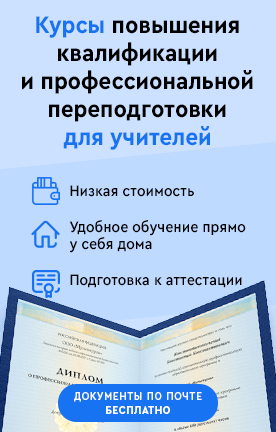| New theme.
| Taski1.Revision of the grammar. A. put correct form. 1. We am/ are/ is pupils. 2. What am/are/ is your name? 3. Sabrina am/ are/ is a teacher. 4. Maxmud am/ is/ are a driver. 5. How old am/is/ are you?
B..put to have or have got 1. You have got a doll. 2. Asel _____ a blue skirt. 3. They _____ a sister. 4. He _____ a big dog. 5. I _____ a yellow jeans.
C..the 1st group. Put the words in the correct order 1.are, monkeys, three, the Zoo, in, there 2.there, many, are, children, in, the school 3.is, a man, on, there, the street 4.one, there, teacher, is, , the classroom, in 5.copybooks, pencils, and, are, there, the bag, in, many
The 2 nd group. 1.many, green, there, trees, are, the garden, in 2.a laptop, is, on, there, the table 3.are, there, blue, on, pictures, two, the wall 4.tall, buildings, are, there, many, grey, the town, in 5. good, my diary, in, marks, are, many, there
D.Choose How much or How many a)----------- cheese do you buy? b)---- books are there in your bag? c)---- films did Tom see last week? d)------- money do you spend every week?
Task2.To write the test on page 180.
| Taski1.Revision of the grammar. A. put correct form. 1. We am/ are/ is pupils. 2. What am/are/ is your name? 3. Sabrina am/ are/ is a teacher. 4. Maxmud am/ is/ are a driver. 5. How old am/is/ are you?
B..put to have or have got 1. You have got a doll. 2. Asel _____ a blue skirt. 3. They _____ a sister. 4. He _____ a big dog. 5. I _____ a yellow jeans.
C..the 1st group. Put the words in the correct order 1.are, monkeys, three, the Zoo, in, there 2.there, many, are, children, in, the school 3.is, a man, on, there, the street 4.one, there, teacher, is, , the classroom, in 5.copybooks, pencils, and, are, there, the bag, in, many
The 2 nd group. 1.many, green, there, trees, are, the garden, in 2.a laptop, is, on, there, the table 3.are, there, blue, on, pictures, two, the wall 4.tall, buildings, are, there, many, grey, the town, in 5. good, my diary, in, marks, are, many, there
D.Choose How much or How many a)----------- cheese do you buy? b)---- books are there in your bag? c)---- films did Tom see last week? d)------- money do you spend every week
Task2.To write the test on page 180. | 3 |




















